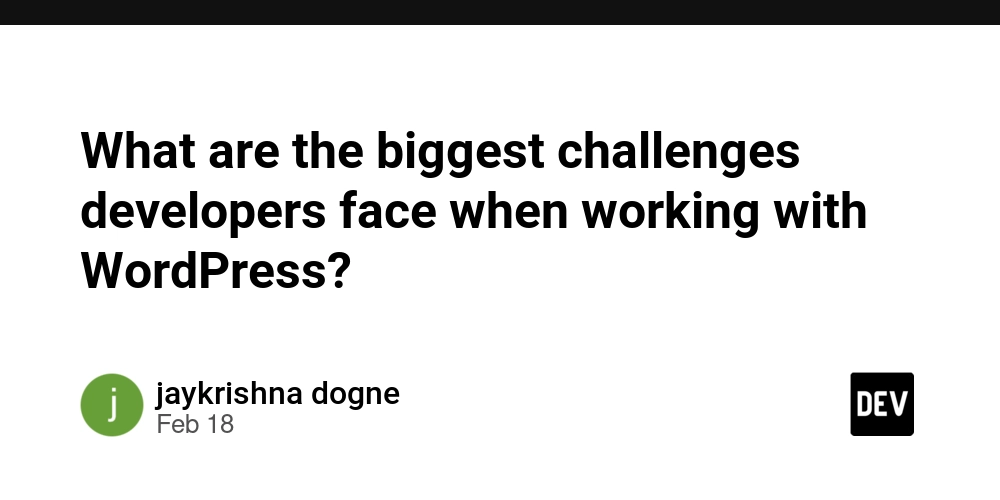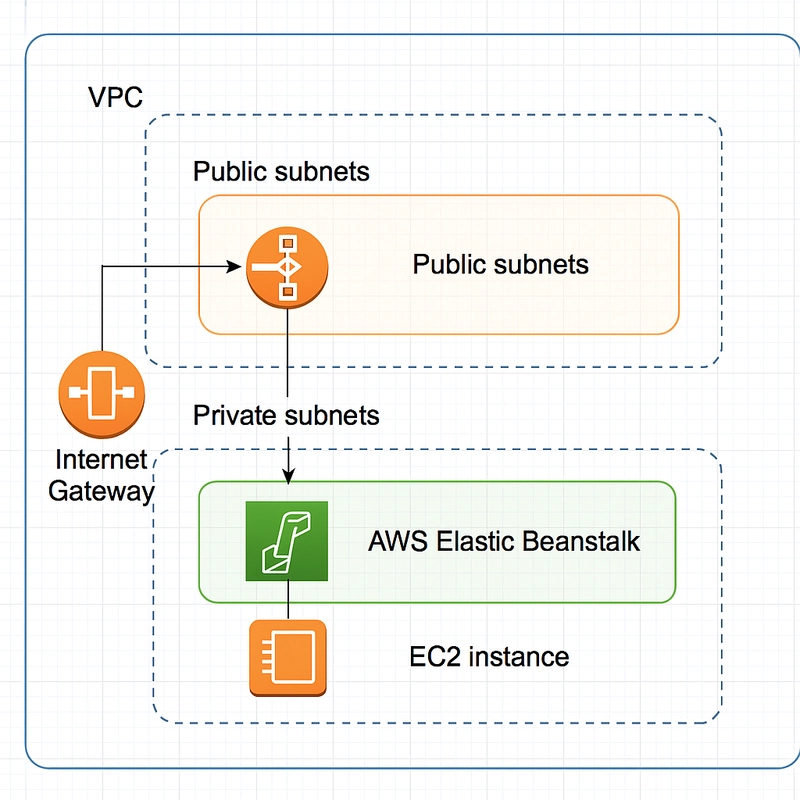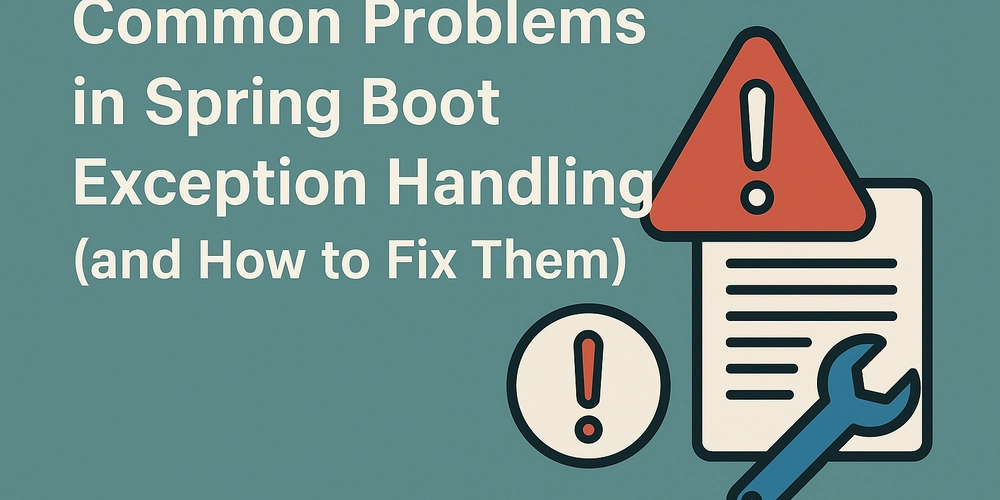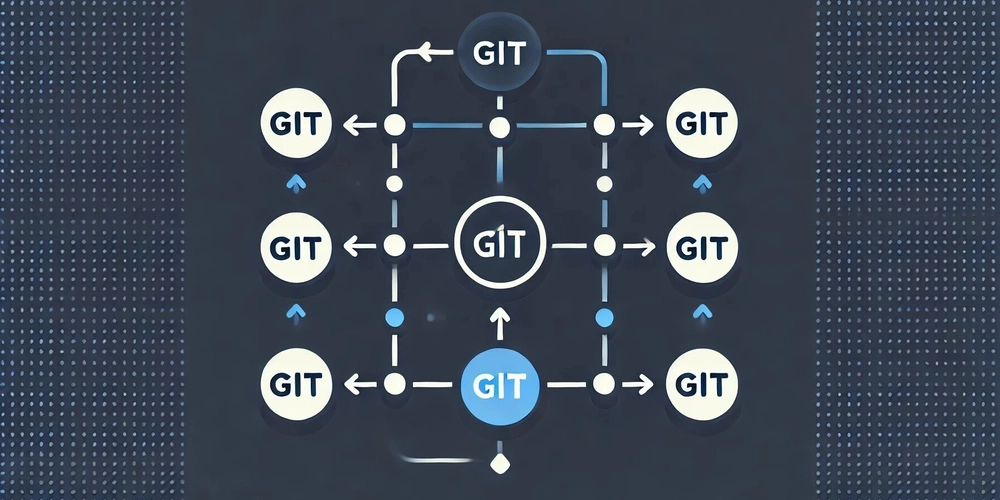What are the biggest challenges developers face when working with WordPress?
Performance Issues Slow Loading Times: WordPress sites can become slow due to bloated themes, excessive plugins, or unoptimized media files. High Resource Usage: Poorly coded plugins or themes can strain server resources, affecting performance. Database Optimization: Over time, databases can get cluttered with unnecessary data, slowing down queries. Fix: Optimize caching, use lightweight themes, minimize plugins, and clean up the database regularly. Security Vulnerabilities Frequent Target for Hackers: Being the most popular CMS, WordPress is a common target for cyber attacks. Outdated Plugins & Themes: Using outdated or poorly maintained plugins can introduce security risks. Brute Force Attacks: Weak passwords and login pages without protection make sites vulnerable. Fix: Update WordPress, themes, and plugins, use security plugins (like Wordfence or Sucuri), and implement strong authentication measures. Plugin & Theme Compatibility Issues Conflicts Between Plugins: Installing multiple plugins from different developers can lead to functionality clashes. Poorly Coded Themes: Some themes are bloated with unnecessary scripts and features, causing issues with updates or performance. Fix: Choose well-coded, regularly updated plugins and themes, and test new updates in a staging environment before applying them to a live site. Customization Limitations Restricted by WordPress Core: Some advanced customizations require deep knowledge of WordPress hooks, filters, and the REST API. Over-reliance on Page Builders: While tools like Elementor and WPBakery make customization easier, they can add bloat and slow down performance. Fix: Use child themes for customization, learn how to work with the WordPress REST API, and avoid excessive reliance on page builders. Scalability Challenges Handling High Traffic: WordPress sites can struggle with traffic spikes if not optimized properly. Database Bottlenecks: Large amounts of content and user data can lead to slow database queries. Fix: Use a scalable hosting solution, implement caching (e.g., Redis, Varnish), and optimize the database for efficiency. SEO & URL Structure Issues Duplicate Content Problems: Poor permalink structures and category/tag mismanagement can create duplicate content. Slow Mobile Performance: Unoptimized WordPress sites can hurt mobile SEO rankings. Fix: Use an SEO plugin like Yoast or Rank Math, optimize URLs, and ensure mobile-friendliness with responsive themes. Maintenance & Updates Frequent Updates: WordPress, plugins, and themes require constant updates, which can sometimes break functionality. Backup & Restore Issues: Many site owners neglect backups, risking data loss in case of crashes. Fix: Use automated backup solutions like UpdraftPlus or Jetpack and test updates in a staging environment before deploying. Learning Curve for Developers Understanding the WordPress Architecture: Developers new to WordPress must learn about the template hierarchy, hooks, and functions. Debugging Issues: Debugging WordPress-related errors requires knowledge of PHP, JavaScript, and database management. Fix: Follow WordPress documentation, participate in developer communities, and use debugging tools like Query Monitor. Managing Client Expectations Clients Expect Too Much from WordPress: Some clients assume WordPress can do anything without limitations. Budget Constraints: Custom WordPress development can be expensive, but clients often expect low-cost solutions. Fix: Set clear expectations, educate clients on WordPress capabilities, and provide transparent pricing.

Performance Issues
Slow Loading Times: WordPress sites can become slow due to bloated themes, excessive plugins, or unoptimized media files.
High Resource Usage: Poorly coded plugins or themes can strain server resources, affecting performance.
Database Optimization: Over time, databases can get cluttered with unnecessary data, slowing down queries.
Fix: Optimize caching, use lightweight themes, minimize plugins, and clean up the database regularly.Security Vulnerabilities
Frequent Target for Hackers: Being the most popular CMS, WordPress is a common target for cyber attacks.
Outdated Plugins & Themes: Using outdated or poorly maintained plugins can introduce security risks.
Brute Force Attacks: Weak passwords and login pages without protection make sites vulnerable.
Fix: Update WordPress, themes, and plugins, use security plugins (like Wordfence or Sucuri), and implement strong authentication measures.Plugin & Theme Compatibility Issues
Conflicts Between Plugins: Installing multiple plugins from different developers can lead to functionality clashes.
Poorly Coded Themes: Some themes are bloated with unnecessary scripts and features, causing issues with updates or performance.
Fix: Choose well-coded, regularly updated plugins and themes, and test new updates in a staging environment before applying them to a live site.Customization Limitations
Restricted by WordPress Core: Some advanced customizations require deep knowledge of WordPress hooks, filters, and the REST API.
Over-reliance on Page Builders: While tools like Elementor and WPBakery make customization easier, they can add bloat and slow down performance.
Fix: Use child themes for customization, learn how to work with the WordPress REST API, and avoid excessive reliance on page builders.Scalability Challenges
Handling High Traffic: WordPress sites can struggle with traffic spikes if not optimized properly.
Database Bottlenecks: Large amounts of content and user data can lead to slow database queries.
Fix: Use a scalable hosting solution, implement caching (e.g., Redis, Varnish), and optimize the database for efficiency.SEO & URL Structure Issues
Duplicate Content Problems: Poor permalink structures and category/tag mismanagement can create duplicate content.
Slow Mobile Performance: Unoptimized WordPress sites can hurt mobile SEO rankings.
Fix: Use an SEO plugin like Yoast or Rank Math, optimize URLs, and ensure mobile-friendliness with responsive themes.Maintenance & Updates
Frequent Updates: WordPress, plugins, and themes require constant updates, which can sometimes break functionality.
Backup & Restore Issues: Many site owners neglect backups, risking data loss in case of crashes.
Fix: Use automated backup solutions like UpdraftPlus or Jetpack and test updates in a staging environment before deploying.Learning Curve for Developers
Understanding the WordPress Architecture: Developers new to WordPress must learn about the template hierarchy, hooks, and functions.
Debugging Issues: Debugging WordPress-related errors requires knowledge of PHP, JavaScript, and database management.
Fix: Follow WordPress documentation, participate in developer communities, and use debugging tools like Query Monitor.Managing Client Expectations
Clients Expect Too Much from WordPress: Some clients assume WordPress can do anything without limitations.
Budget Constraints: Custom WordPress development can be expensive, but clients often expect low-cost solutions.
Fix: Set clear expectations, educate clients on WordPress capabilities, and provide transparent pricing.











































































































































































![[The AI Show Episode 142]: ChatGPT’s New Image Generator, Studio Ghibli Craze and Backlash, Gemini 2.5, OpenAI Academy, 4o Updates, Vibe Marketing & xAI Acquires X](https://www.marketingaiinstitute.com/hubfs/ep%20142%20cover.png)




























































































































![[DEALS] The Premium Learn to Code Certification Bundle (97% off) & Other Deals Up To 98% Off – Offers End Soon!](https://www.javacodegeeks.com/wp-content/uploads/2012/12/jcg-logo.jpg)


![From drop-out to software architect with Jason Lengstorf [Podcast #167]](https://cdn.hashnode.com/res/hashnode/image/upload/v1743796461357/f3d19cd7-e6f5-4d7c-8bfc-eb974bc8da68.png?#)








































































































.png?#)

































_Christophe_Coat_Alamy.jpg?#)
 (1).webp?#)





































































































![Apple Considers Delaying Smart Home Hub Until 2026 [Gurman]](https://www.iclarified.com/images/news/96946/96946/96946-640.jpg)
![iPhone 17 Pro Won't Feature Two-Toned Back [Gurman]](https://www.iclarified.com/images/news/96944/96944/96944-640.jpg)
![Tariffs Threaten Apple's $999 iPhone Price Point in the U.S. [Gurman]](https://www.iclarified.com/images/news/96943/96943/96943-640.jpg)




































































































































